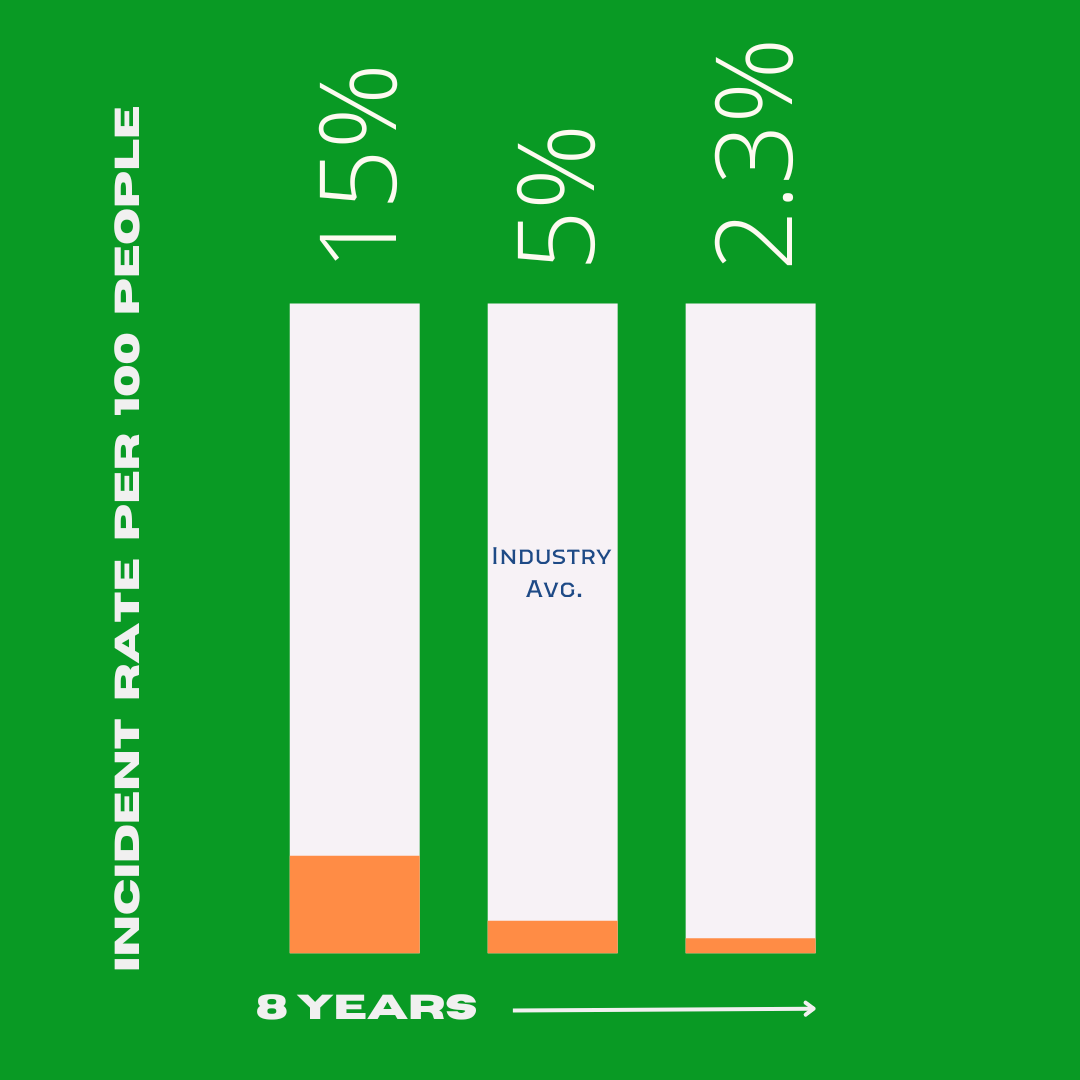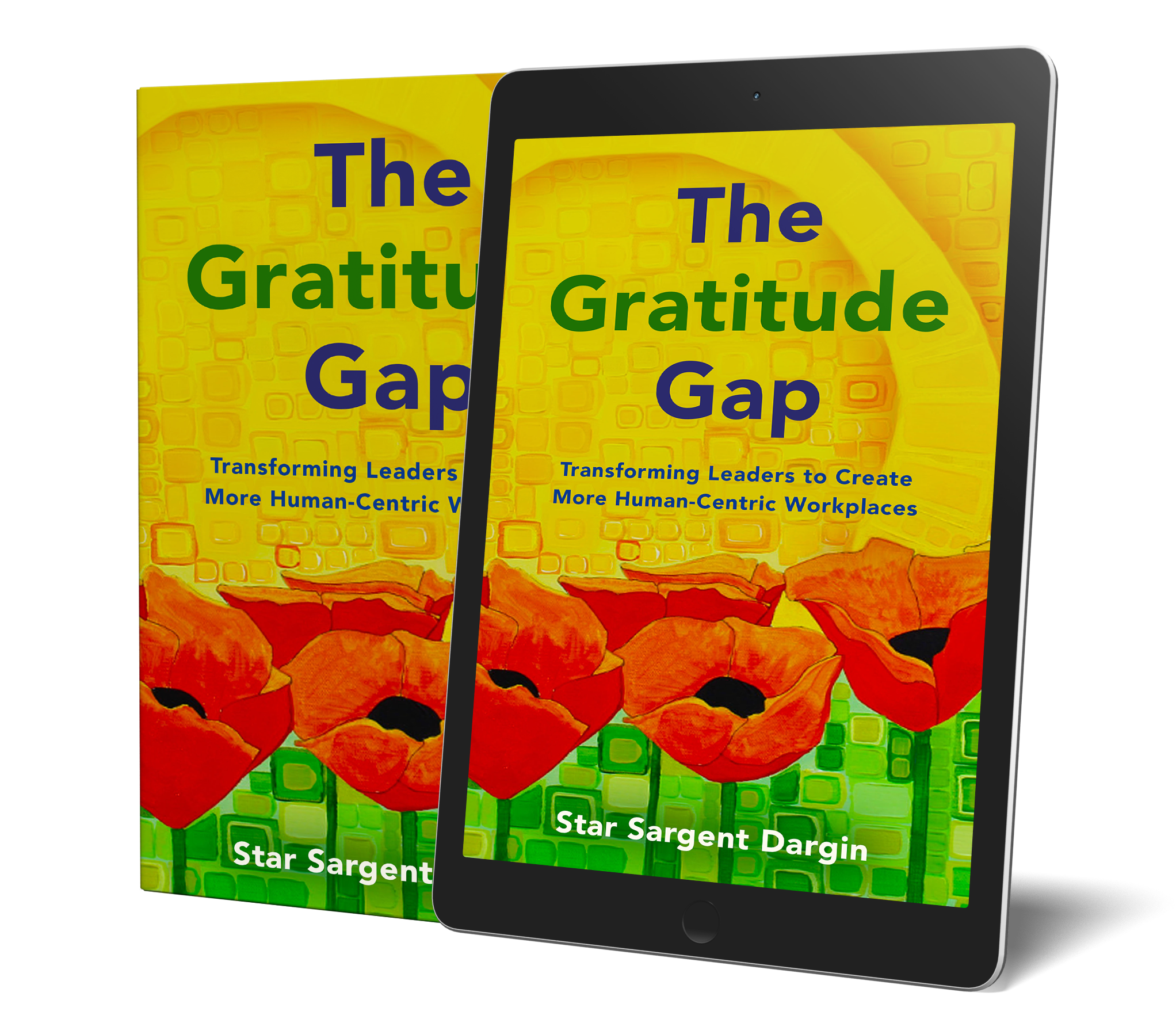Don is committed to gratitude and has been his whole life. He once made an ungrateful shopper apologize and show gratitude. He’s made incredible achievements using appreciation as a guide in his over 40 years of leadership as a safety engineer and executive. He had presented to over 1000 people, including congresspeople, fired a worker he liked for a cause when he worked for a gun manufacturer, and survived 9/11. He likes fast cars and guns, used to ride a Harley, plays drums in a rock and roll band, and loves his family and friends; he’s been married for over 50 years. He is a self-labeled gratitude evangelist.
He is one of the most grateful people I’ve interviewed. He defines gratitude as appreciation in action. He handles brutal realities with appreciation and action and through storytelling. He’s accomplished amazing things, yet he’s humble and will be the first to say sorry or that he was wrong or to point out and learn from his imperfections. I dare you to spend time with Don and not leave feeling grateful.
 He defines safety as designing ways to stop people from being hurt or killed. He’s committed to that because he cares about people. He says you must be willing to say the hard stuff to be effective as a safety leader. Because he says the hard stuff, he believes it was part of why he was never CEO; his work has been one level below CEO. He’s driven to tell and do difficult things because he puts people first, using a moral and ethical compass.
He defines safety as designing ways to stop people from being hurt or killed. He’s committed to that because he cares about people. He says you must be willing to say the hard stuff to be effective as a safety leader. Because he says the hard stuff, he believes it was part of why he was never CEO; his work has been one level below CEO. He’s driven to tell and do difficult things because he puts people first, using a moral and ethical compass.
Gratitude saves lives and prevents accidents. OSHA numbers prove it, he told me. One of the stories he is most proud of is the numbers, going from 14.9 to 2.3. Those numbers reflect people. When he joined a gun manufacturing company as a senior executive, the OSHA (USA Occupational Safety and Health Administration) incident rate was for every 100 people; there were 15 (14.9) who got hurt; when he left eight years later, they were down to 2.3 people out of a hundred safety incidents. The industry average at the time was about 5; he beat the average.
Some of the specific things he did, was regular and authentic communication about the reality of the situation. He recognized and understood the specifics of each person’s job. By taking the time to ask and listen about each person’s challenges, they were able to identify many things that needed changing.
In addition to gratitude is action, he repeated two beliefs throughout our conversation. First, you can give a hard message and not be mean and rotten. Second, he embodies gratitude; he has woven gratitude into his days by constantly thinking about showing appreciation through actions or words.
To Don, everything is something to be learned from and grateful for. Gratitude is a responsibility that we should all take on. It requires putting the ego aside and being humble to apologize and forgive.
Don is a profuse thanker and shower of appreciation. He starts making his daily gratitude list before his feet hit the ground in the morning. It’s how he judges his success in life, by counting all the blessings and good things, primarily people and relationships.
He regularly greets about 65 people every morning on Facebook. I’m lucky now to be the recipient of Don’s good morning greetings. He bookends his day with gratitude. In the evening, he offers prayers for the positive things he was given that day.
Here’s one of Don’s stories of gratitude in action. When Don was at a weak physical time in his life, he was using a cane and recovering from back surgery; at the supermarket, he saw a woman accidentally run her shopping cart into the back of a teenage boy’s leg in front of him. The boy turned around angrily and used every foul word on that woman. Don stopped, looked at the boy, and said, “Stop; you apologize to that woman.” The boy replied, “What if I don’t want to?” Don says calmly and firmly, “That’s your mother, and she’s filling a cart of food for you; you should be grateful. You say I’m sorry “. “You have a choice to make.” “You express your gratitude or pay the price.” The boy turned to his mom and said, “I’m sorry, Mom, and I won’t do that again,” The mom mouthed silently to Don, “thank you.” Don continued with his shopping. He is a warrior for gratitude.
As a consultant, he feels he is lucky people sought him out, and he’s never had to sell. He attributes this to the natural attraction of genuine appreciation. Gratitude is paid forward; nothing is expected in return, and it all comes back in one form or another. Gratitude is relationship based. He’s seen it play out in many ways, in his job as a safety engineer and executive, in fun ways, through four spinal surgeries, through having to fire someone. So, it’s about translating appreciation into action.
He is a consultant and teaches now. He teaches others how to improve continuously and motivates his students by interacting with them and showing them the world from a gratitude point of view. Action from gratitude is magic. It’s how we should all move forward. The more we are grateful, the more everyone else is. Don calls gratitude a multiplier.
Where did Don’s wisdom come from? He attributes his wisdom about gratitude to his mom. In addition to telling him to say please and thank you, she said, don’t tell me you love me, show me. Gratitude is love in action and a foundational piece of Don’s leadership style.
As we express our gratitude, we must never forget that the highest appreciation is not to utter words but to live by them. ~ John F. Kennedy, 35th President of the United States
Don’t tell me you love me, show me ~ Don’s mom.
References
Explanation of OSHA safety numbers and regulations – Law and Regulations | Occupational Safety and Health Administration (osha.gov)
The company Don worked at while a Senior Vice President on 9/11 September 11, 2001: A CEO’s Story (hbr.org)


